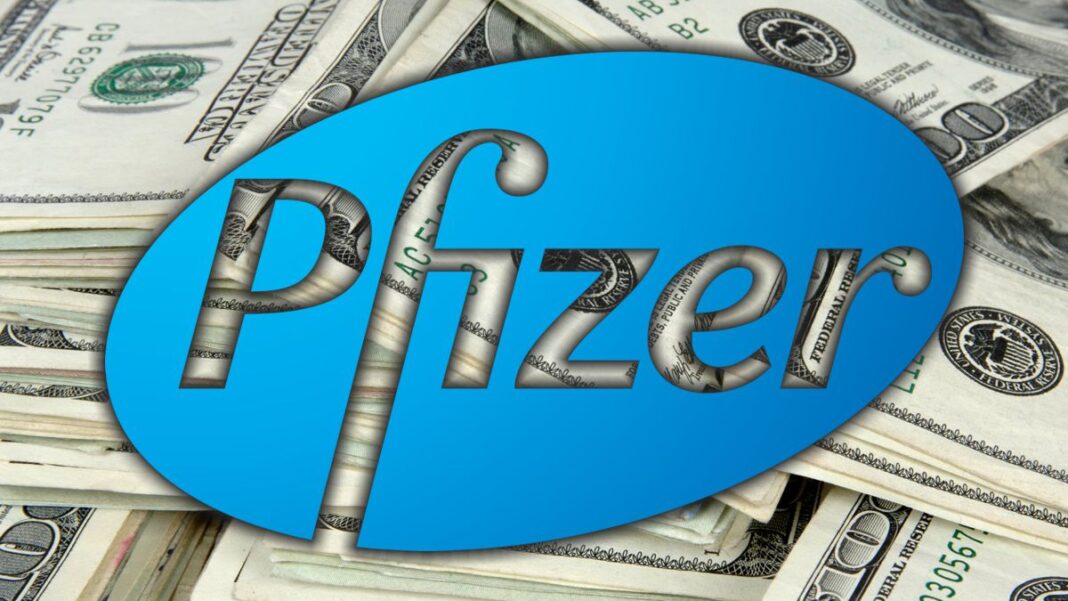The joint resolution would have nullified a new small business lending rule that critics say politicizes the lending process.
A controversial Consumer Financial Protection Bureau (CFPB) small-business lending rule will remain in effect after President Joe Biden vetoed a joint resolution of disapproval that would have repealed the measure.
The rule in question requires lenders to annually collect and report to the CFPB certain credit application data from the small-business owners they lend to, including personal demographics such as race, sexual orientation, and gender identity. The rule, which took effect in August, also enables the creation of a publicly accessible database of small-business credit applications.
Republicans have criticized the rule as a move to make the lending process more “woke.”
But in issuing his Dec. 19 veto, President Biden defended the rule, holding that it would increase transparency in small-business lending and allow lenders and organizations to better meet the needs of small businesses.
“This Republican-led resolution would hinder the government’s ability to conduct oversight of abusive and predatory lenders, make it harder for 33 million small businesses across the country to assess lending opportunities and access capital, and make it more difficult for lenders and community groups to address the most acute gaps in capital access for minority- and women-owned businesses,” he wrote.
“By hampering efforts to promote transparency and accountability in small business lending, Republicans are siding with big banks and corporations over the needs of small business owners. Small businesses are the engines of our economy, and my administration will not support policies that hurt their ability to thrive and grow.”
‘None of Their Business’
Sen. John Kennedy (R-La.) led the charge to repeal the rule as the joint resolution’s sponsor, slamming the new demographic reporting requirements as intrusive on the Senate floor.
“The bank has to ask the small businessperson if that person is a lesbian. The bank has to ask the small businessperson if that person is gay,” he noted on Oct. 18, rattling off examples.
“It is none of their business—none of their business—what a private American does with another private, adult American in the privacy of their bedroom.”
The National Federation of Independent Business (NFIB) has also expressed concern that the lending rule would impose a substantial burden on both small banks and small businesses to collect and report the required information.






